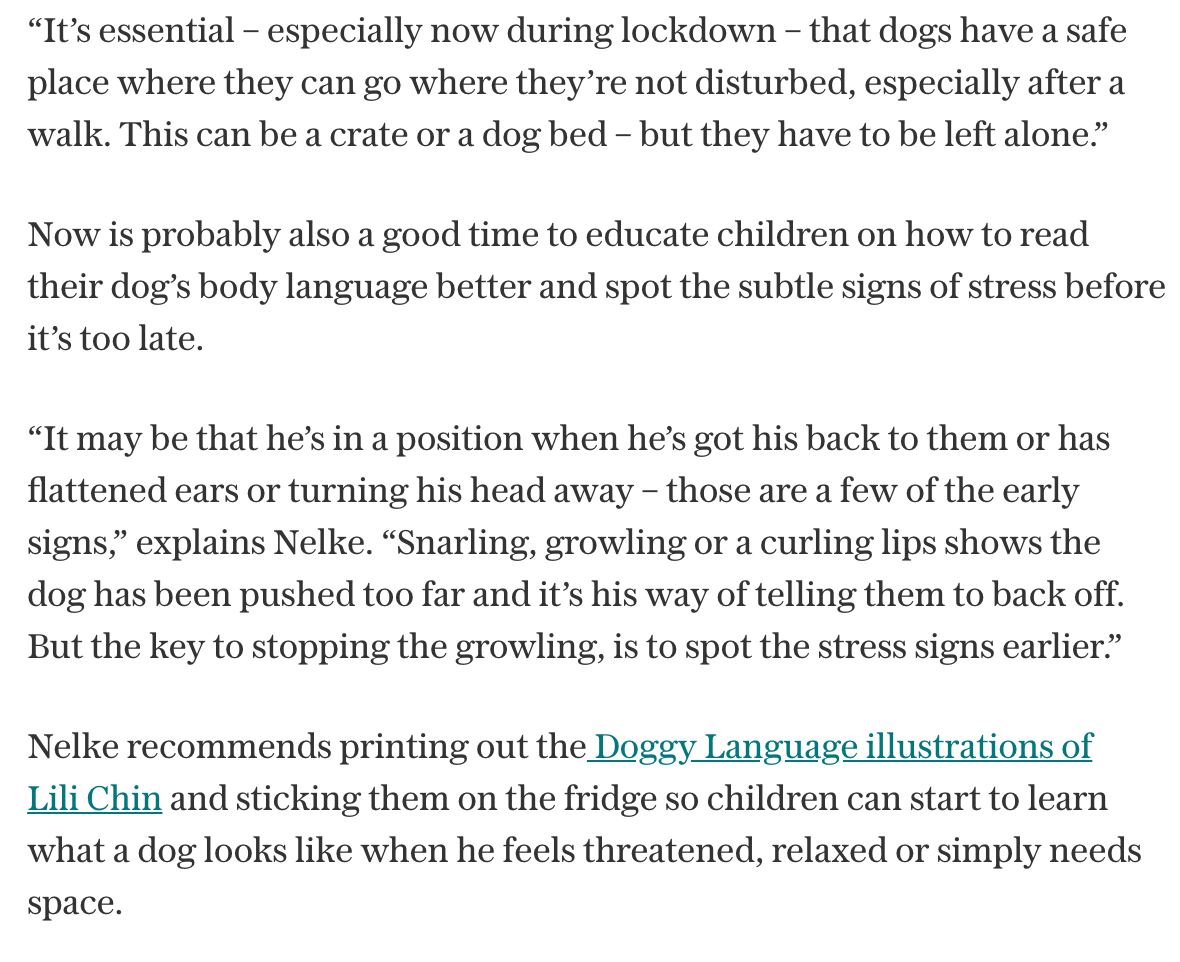As much as getting a puppy is one of the best things in the world, puppy training can come with its many challenges.
Every day is different!
if your puppy is having troubles with toilet training, read on…..
Here are a few tips on how to prepare yourself and your puppy for home alone success and to prevent Separation Anxiety.
From educating yourself about your puppy’s body language and needs for ultimate alone time success to practicing Peek-A-Boo (always fun!) and teaching them that leaving DEFINITELY means you are coming back!
It’s fair to say that Wolfgang has never been quite so keen on kids. Totally at ease with any children passing or being close by and ignoring her but not so happy with kids approaching and trying to interact. And considering she still looks like the cutest puppy most kids want to cuddle her and pick her up…..not knowing that deep inside this little Jack Russell Terrier mix’s soul, there is a big wild wolf!!
Coming from a home with a toddler who, as I could tell when we picked her up, was quite full on with her as a very young puppy (AKA chasing after her, throwing toys at her, etc) to not being exposed enough to children when young. it can be difficult to get hold of kids when you or your friends don’t have any at hand for socialisation purposes, just sayin’….
In addition, her rather sparkly personality to choose ‘fight’ over ‘flight’ when given the opportunity (the ‘fight’ being a surprisingly loud and rolling bark, for such a little furry person, combined with a moving toward rather than retreating) never quite helped the overall situation.
As lockdown is easing across the UK, our puppies and adult dogs are faced with plenty of lifestyle changes that can be both stressful and plain scary. Understanding your dog’s fears as well as helping them to prepare for ‘the unknown’ is crucial to their wellbeing and to preventing unwelcome habits and behaviour issues from developing.
A problem area I’m working with a lot at the moment is people welcoming guests at their homes once again as well as heading out to busy public places such as busy pubs and restaurants, all with their dog in tow who simply can’t cope.
For all those pandemic puppies who’s never had a stranger visit their home these new experiences can be incredibly disruptive. As is for our adult dogs who’ve enjoyed a year of anti-social bliss and forgot what it’s like to be around more people than their closest family members.
If you want your dog to learn and understand your language, then it’s only fair you can talk ‘dog’. Communication should always go two ways and understanding what your dog is telling you will result in a strong, trusting bond, which should be the basis of any training.
To talk ‘dog’ you have to look at your friend’s entire body (eyes, ears, mouth, tail, body stance, etc) as well as listen to the sounds he or she makes. Context and looking at the bigger picture is equally as important; for example a dog who yawns in the morning when he wakes up is tired, whereas a dog who yawns when a dog runs up to her in the park, is worried and potentially stressed.
Some subtle signs of communication to look out for when your dog feels stressed: eye blinking, lip/ nose licking, yawning, averting face/ gaze, lowered or tucked tail, frozen body posture, tightly closed mouth and much more.
The wonderful Lauren Libbert has written a feature for the Telegraph about how her Cockapoo Freddy has been coping with life under lockdown. Slowly morphing from a chilled and fun loving dog to an often irritated, growly, then suddenly over the top active furry noodle, she’s asked for advice on what the reasons behind his behaviour may be as well as how to help him, and other dogs, through these challenging times.
And I was of course so very excited to be have been able to contribute.

Telegraph online 15/05/2020

Provide daily enrichment for your dog by ditching the food bowl and feeding them from stuffed toys, snuffle mats, chews, puzzle toys, 'find it' games or scattering the food in your garden.
Whatever age your dog is, providing daily mental enrichment and a ‘job’ to do will pay hugely into your overall relationship account, with you becoming the centre of all things fun and exciting.
Licking, i.e. from a lickimat, is incredibly soothing and calming for a dog and can be a great tool to settle rescue dogs into their new life or keep puppies occupied for longer (for example during absence training).
If you are feeding from a puzzle toy or a Kong, make it easy for your dog to begin with to avoid frustration and potentially build a negative association with the toy.
You could also use your dogs meals for training practice both at home and out on a walk.
First things first, there’s no quick cure for puppy biting. But if you’re consistent with your messages and, at the same time, teach your pup what to do instead of nipping or biting, your little friend will stop this inappropriate behaviour, well, as soon as his or her personality allows.
There are various reasons why your puppy nips or bites:
We accept Klarna payment